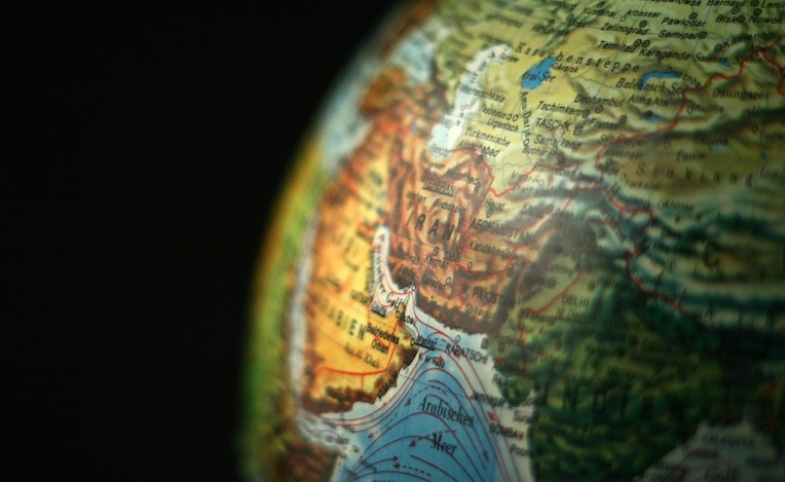Recently, the Turkish government has garnered global attention for its response to the death of journalist Jamal Khashoggi. But will this effort help restore Turkey's soft power image? CPD Contributing Scholar Senem...
KEEP READING
On the "Influence Vacuum" in the Middle East
The United States' relationship with Iran has been a front and center issue under the Trump presidency. But a recent report by the Center for American Progress (CAP) explains how this administration's focus on hard power strategies overlooks a significant source of Iranian influence in the Middle East—its public diplomacy initiatives.
In its analysis, CAP describes how Iran's public diplomacy is shaping regional dynamics, while the U.S.' public diplomacy is hindered by unpopular policies and weakened resources for its diplomatic agencies. To combat this "influence vacuum," it offers a number of recommendations for the U.S. government to reframe narratives and improve its public diplomacy strategy.
"The United States counts on economic sanctions, military power, and other hard-power levers to counter Iran," the report notes. "However, the U.S. government lacks a significant, overt effort to tackle a more insidious and largely overlooked dimension of Iran’s influence operations in the region: its public diplomacy outreach aimed at shaping the information landscape and public opinion of key audiences in the Arab world." Because this is paired with a lack of an overall "coherent, consistent strategy in place to respond to disinformation," CAP suggests that the U.S. government name a full-time Undersecretary for Public Diplomacy and Public Affairs, establish a "metanarrative" that emphasizes mutual American-Arab interests, and create a "zero-tolerance" policy against Islamophobic rhetoric, among other recommendations.
Read the Center for American Progress' full report, "Tired Narratives, Weary Publics: Public Diplomacy’s Role in the Struggle for Influence in the Middle East," here.
Visit CPD's Online Library
Explore CPD's vast online database featuring the latest books, articles, speeches and information on international organizations dedicated to public diplomacy.
Popular Blogs
-
January 29
-
January 20
-
January 28
-
January 2
-
January 8











